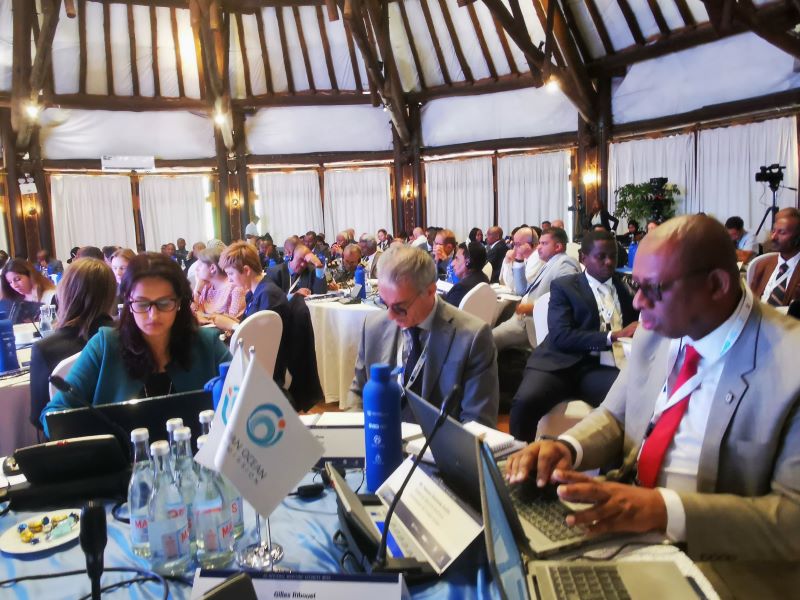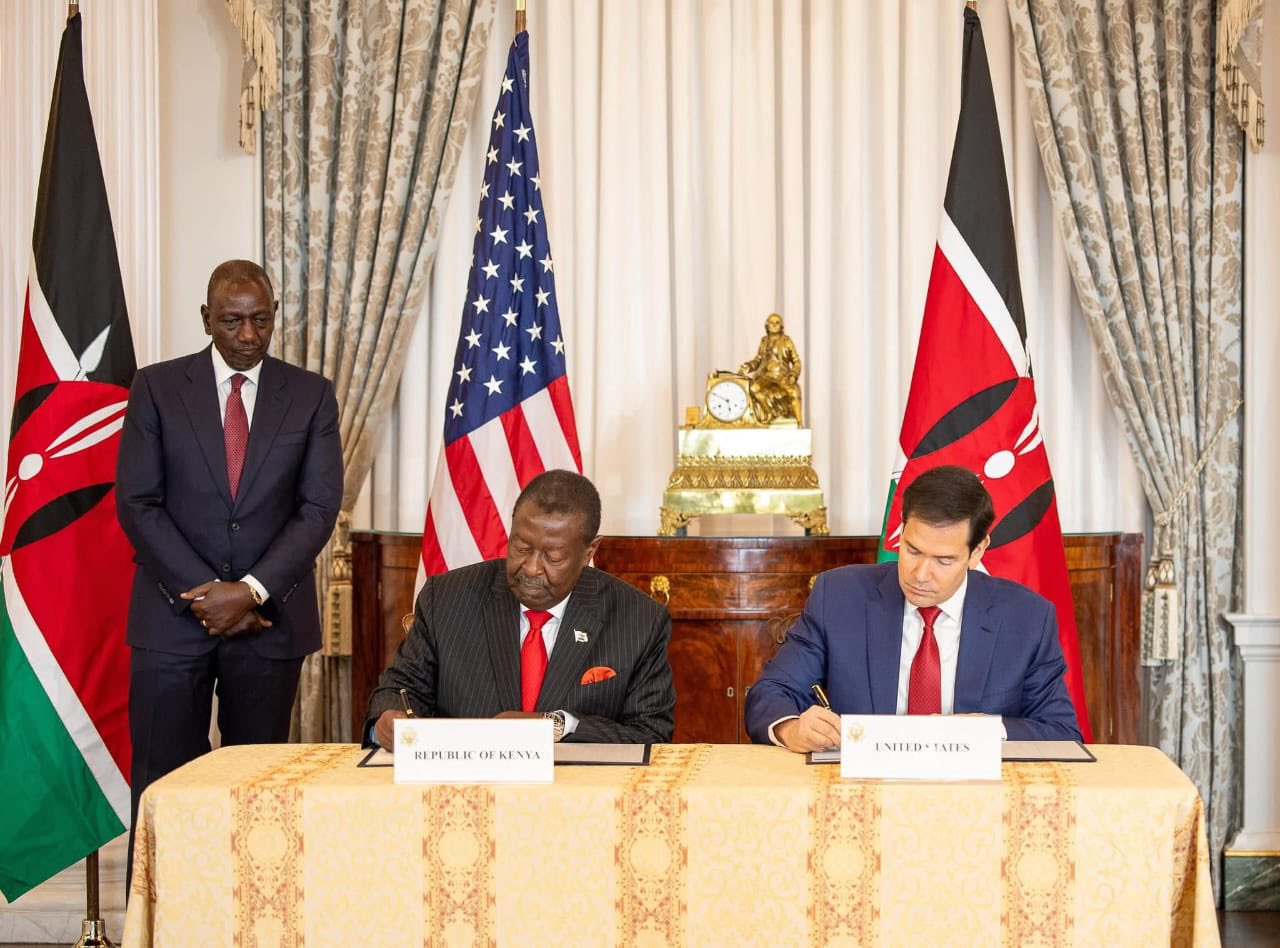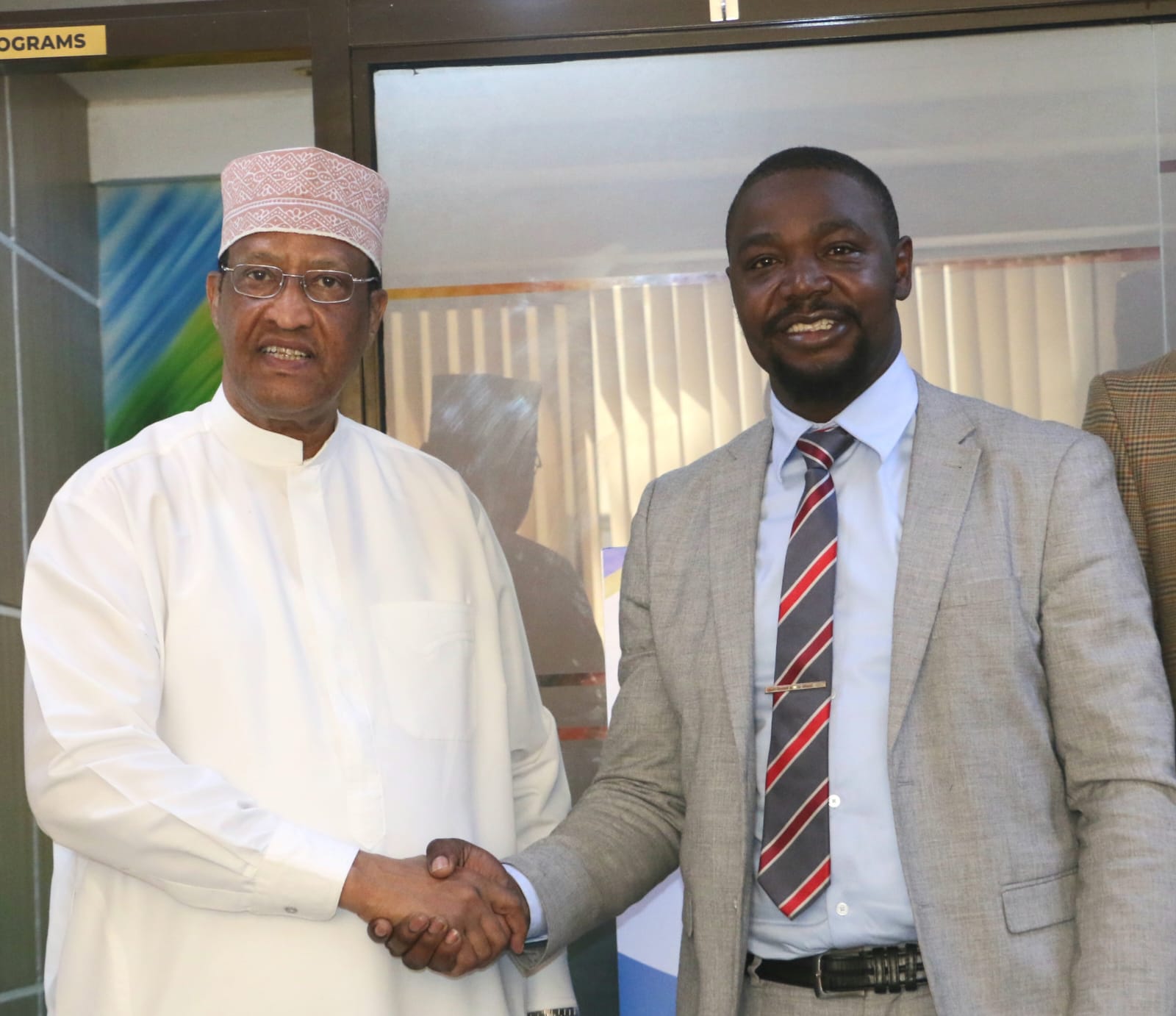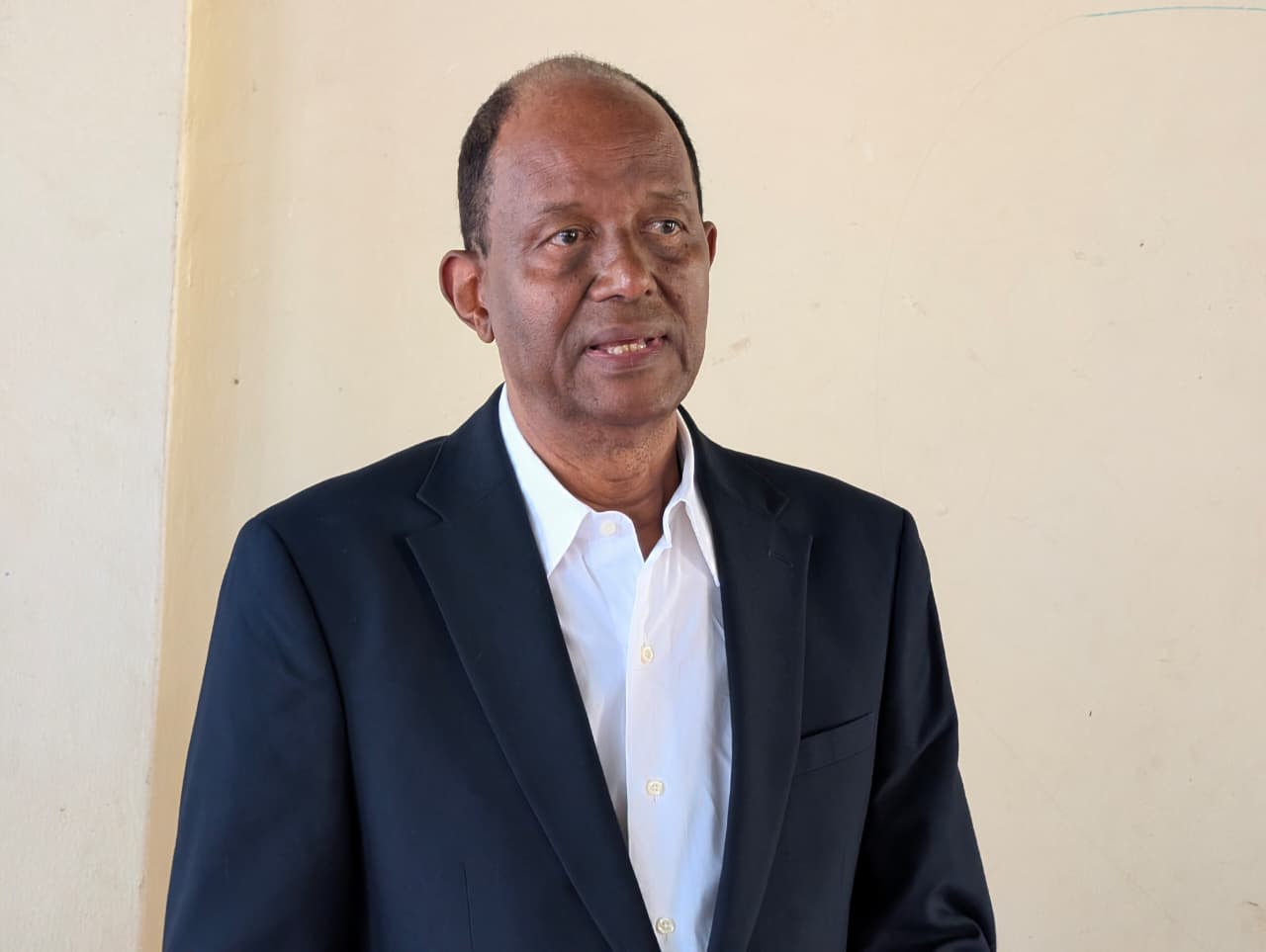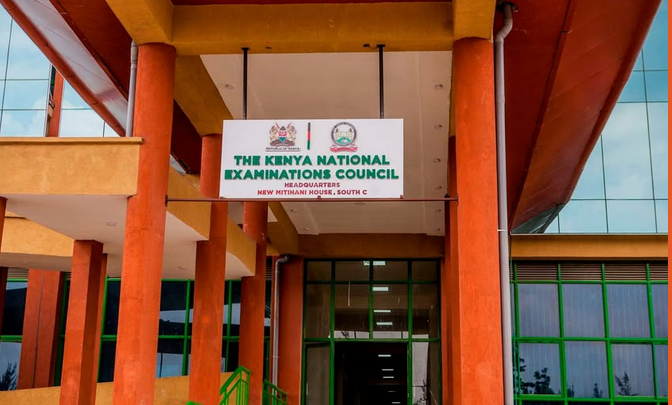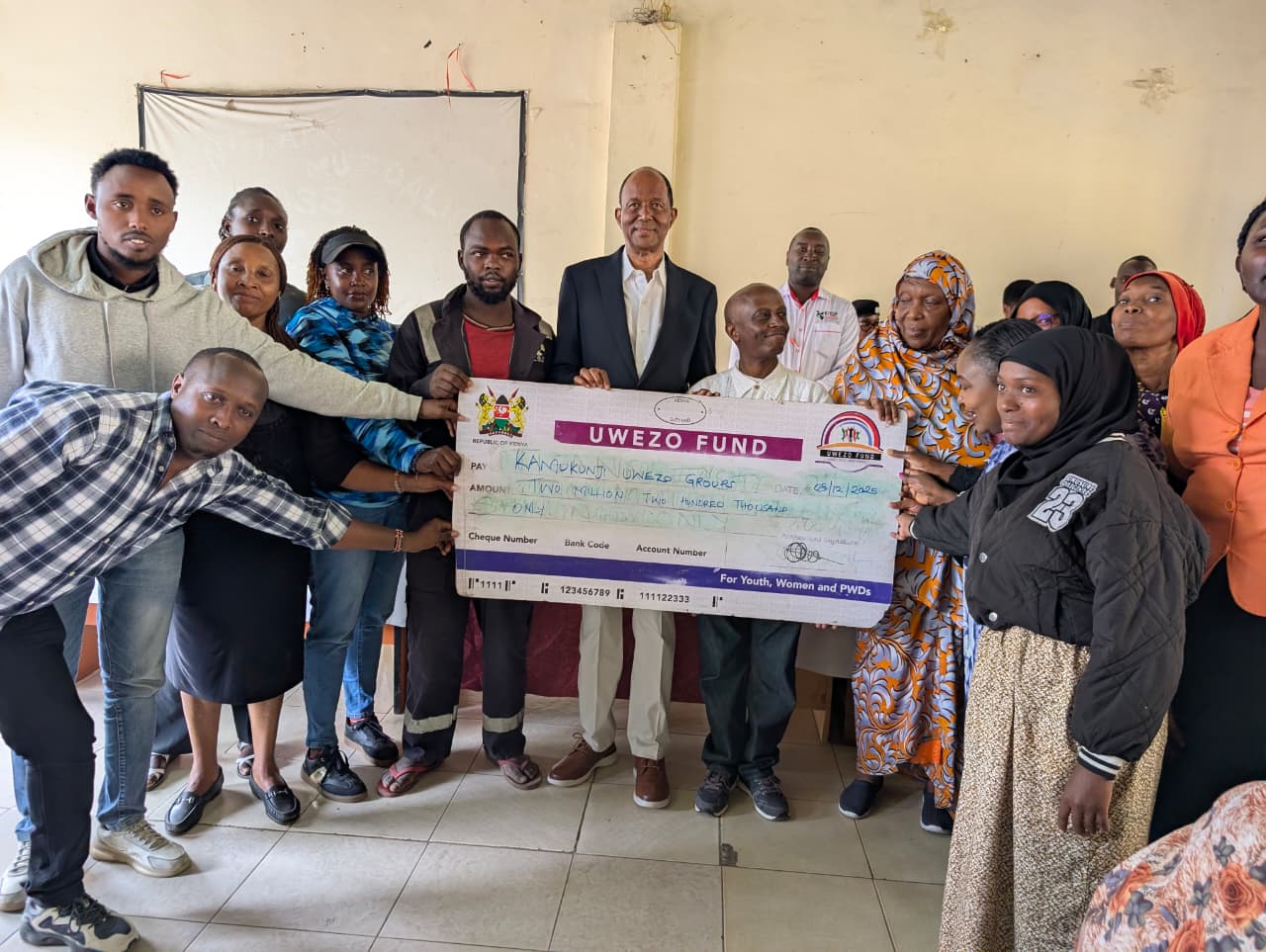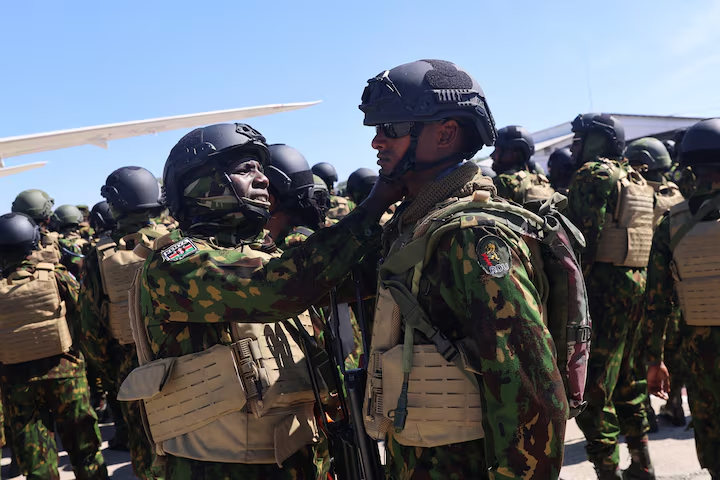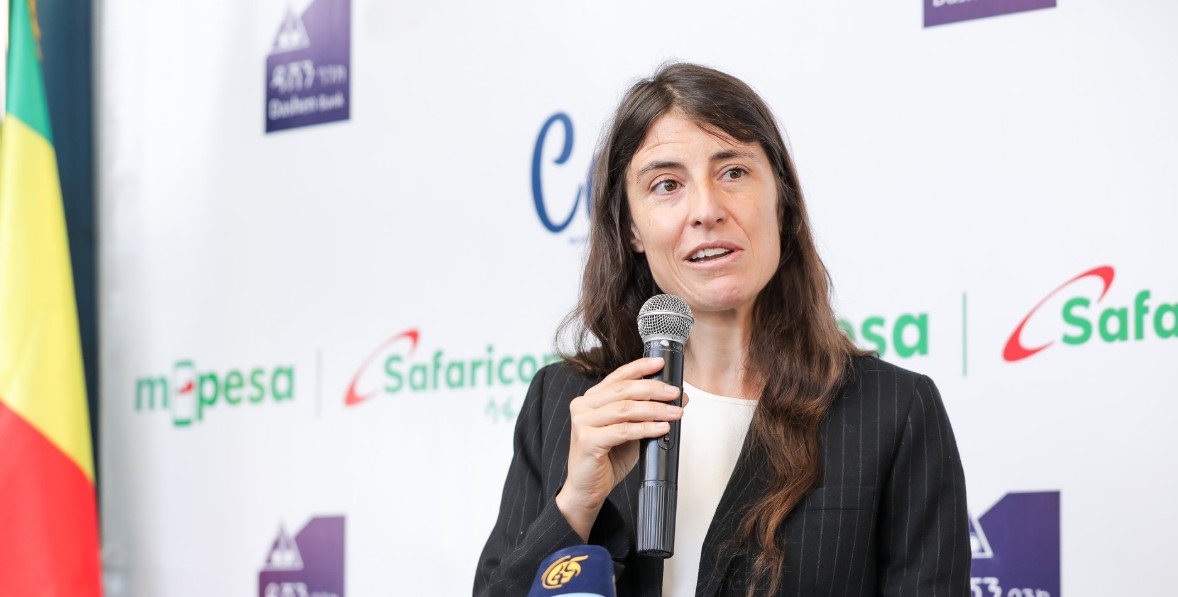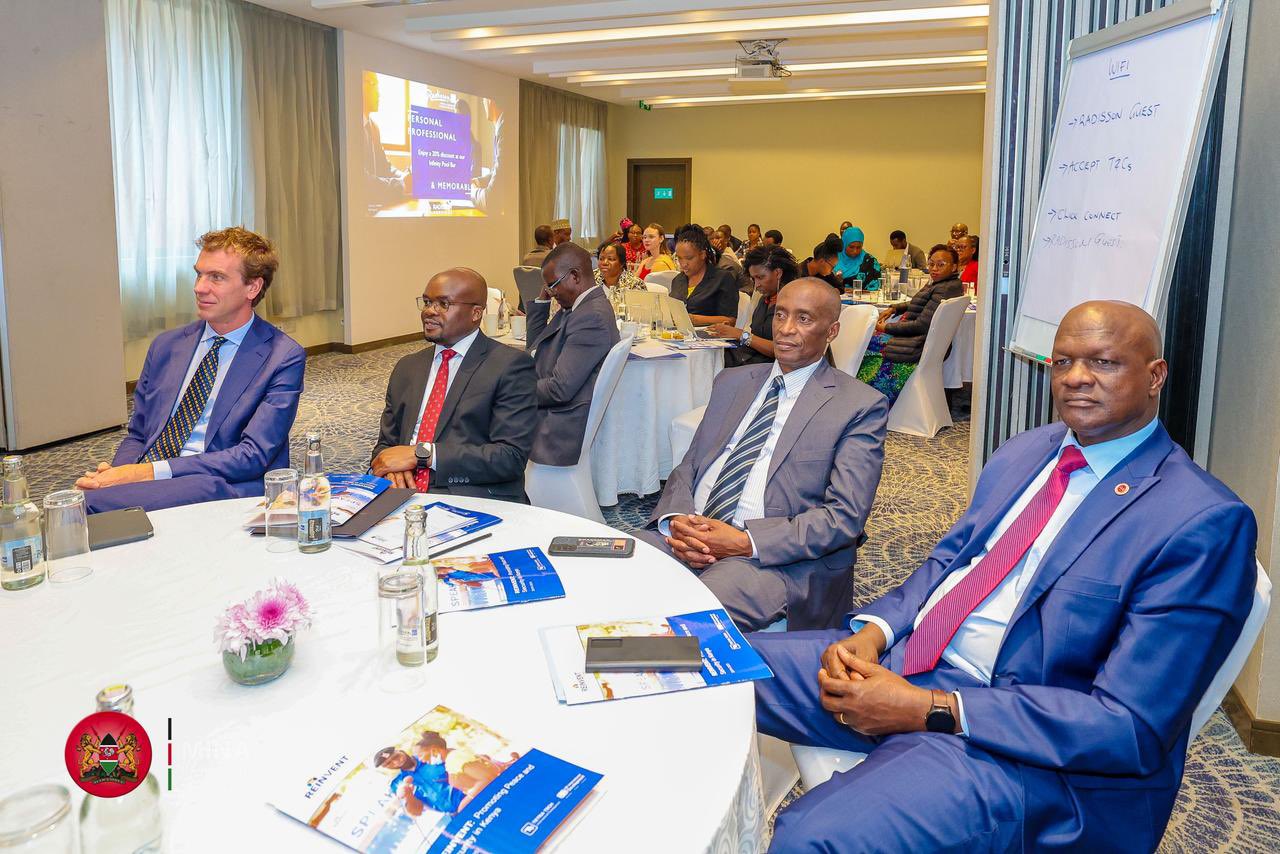Kenya's heightened security measures see decline in terror attacks in 2024
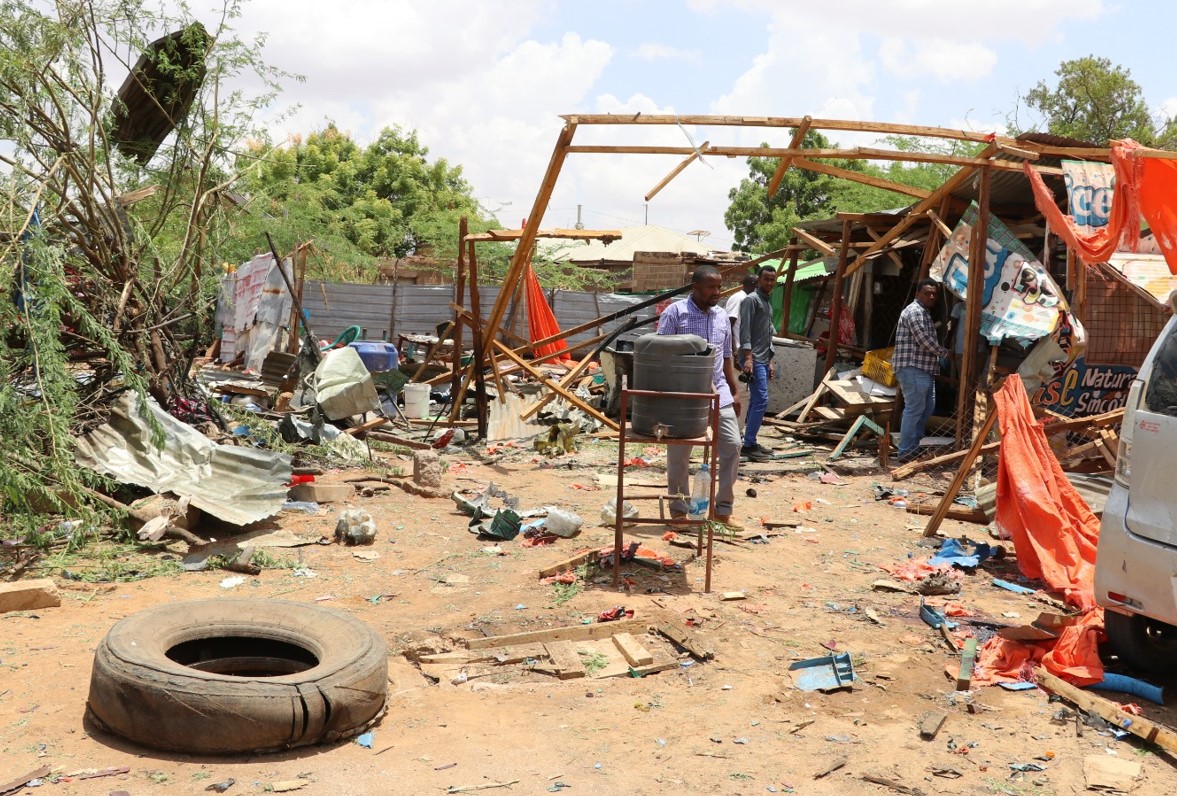
In September, officers responding to reports of militia sightings in the Alango Warba area of Garissa County recovered materials used for making improvised explosive devices (IEDs) intended for an attack.
In a significant stride toward national safety, the country has witnessed a notable decrease in terror-related incidents, attributed to the unwavering vigilance of security agencies, enhanced intelligence gathering, swift inter-agency coordination, and increased community collaboration.
This proactive approach disrupted terror networks and restored a sense of security among citizens, marking a turning point in the fight against extremism in the country and playing a pivotal role in thwarting potential threats.
More To Read
- Nairobi hosts regional security talks as leaders push to seal porous borders against terrorism
- Kenya marks 27 years since 1998 US embassy bombing with renewed pledge to fight terrorism
- Kenya steps up anti-terror finance fight with elite training for 22 officials
- Kenya kicks off youth dialogue series on prevention of violent extremism in Nairobi
- Government, IOM sensitise Garissa residents against human trafficking, violent extremism
- Kenya, Uganda, Tanzania begin plans to ensure security during AFCON 2027
The Inter-Governmental Authority on Development (IGAD)'s latest data on trends in violent extremism in the region concurred with the findings noting that the third quarter of the year recorded a rise in successful security operations that helped thwart al Shabaab activities in Kenya where a few attacks were recorded mostly at the Kenya-Somalia border in Mandera, Garissa and Lamu Counties but many others thwarted during security operations.
Security agencies have attributed similar successful operations to collaborations with local communities, which, through their continued support in sharing valuable information in the fight against terrorism, have protected innocent Kenyans' lives and property.
Some of the recent successful operations include one that happened in September when Kenyan security agencies were able to prevent attacks in the Boni area of Lamu County where explosives, ammunition, and communication gadgets, among other items, were recovered at a makeshift camp in an operation that left four militants seriously injured.
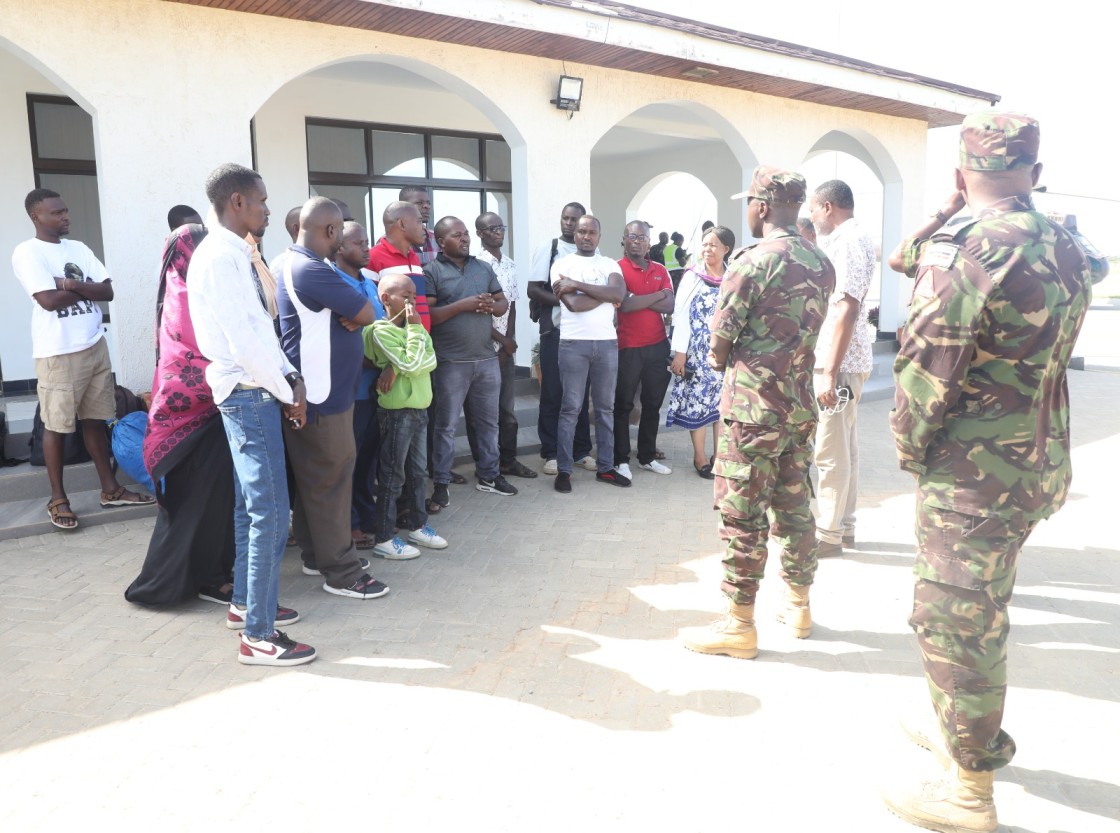 Military officers address Boni Forest teachers after they were airlifted to their schools in May 2024. (Photo: Farhiya Hussein)
Military officers address Boni Forest teachers after they were airlifted to their schools in May 2024. (Photo: Farhiya Hussein)Military officers address Boni Forest teachers after they were airlifted to their schools in May 2024. (Photo: Farhiya Hussein)
Also in September, officers responding to reports of militia sightings in the Alango Warba area of Garissa County recovered materials used for making improvised explosive devices (IEDs) intended for an attack.
Additionally, in the same county in mid-September, the Special Operations Group (SOG) recovered old IED casings and jerry cans at a suspected former militia camp following a tip-off from locals.
The report noted that terrorist attacks were primarily carried out using small arms and light weapons at 60 per cent, while explosives and bombs accounted for 40 per cent of the incidents.
Al Shabaab effect
The heightened response has seen Al Shabaab militia account for the second-highest number of casualties during response to attacks and in counter-terror operations in the region, an analysis by the African Union's Counter Terrorism Centre (AUCTC) shows.
"The Second Quarter of 2024 witnessed a decline in terrorism and violent extremism attacks in the East and Horn of Africa. Terrorist attacks in the region declined by more than 35 per cent and associated fatalities also declined by 27 per cent. Consistently, since the beginning of 2024, fatalities associated with terrorist attacks kept declining," the centre notes.
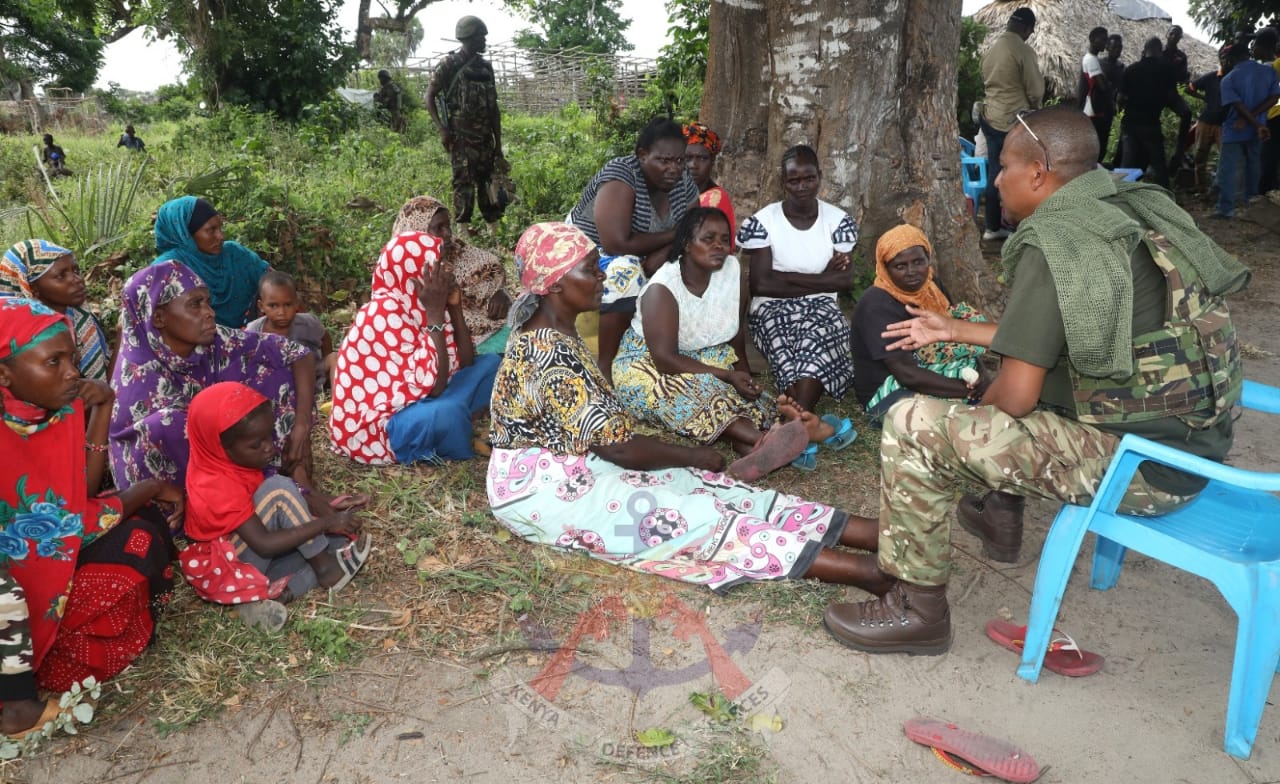 The Security Sector Counter-Violent Extremism team in collaboration with Kenya Defence Forces troops conducted Counter-Terrorism (CT) sensitisation forums in Lamu County on February 3, 2024. (Photo: KDF)
The Security Sector Counter-Violent Extremism team in collaboration with Kenya Defence Forces troops conducted Counter-Terrorism (CT) sensitisation forums in Lamu County on February 3, 2024. (Photo: KDF)
This means that terrorist groups do not have the freedom to carry out complex and sophisticated attacks within the Horn of Africa. Even though attacks and fatalities were reduced, the number of terrorist incidents within the period remained significantly high. Deliberate counter-terrorism measures by the deployed forces within the region have contributed considerably to reducing attacks and fatalities within the region."
The country stands to make more gains in the fight against terror with its designation as a non-Nato ally, earlier this year.
The move according to experts, offers the country privileged access to advanced equipment, training, and loans for use in its own defense.
President Donald Trump's administration's Project 2025 notes that counter-terrorism will remain a big focus of the country and that efforts will be prioritized towards enhancing the capacity of its allies and partners to take the lead in combating terrorism in their regions.
Closer home, emerging forms of terrorism as witnessed with the shocking Shakahola massacre will be an area of focus for security agencies as they seek to stop repeat occurrences in future.
"What we have seen in Shakahola is akin to terrorism. Terrorists use religion to promote their heinous acts. People like Mr Mackenzie use religion to do the same thing," President William Ruto warned at the time before directing the responsible agencies to take up the issue and get to the root and the bottom of the activities of religions and people who want to use religion to "advance a shady and unacceptable ideology".
Top Stories Today

